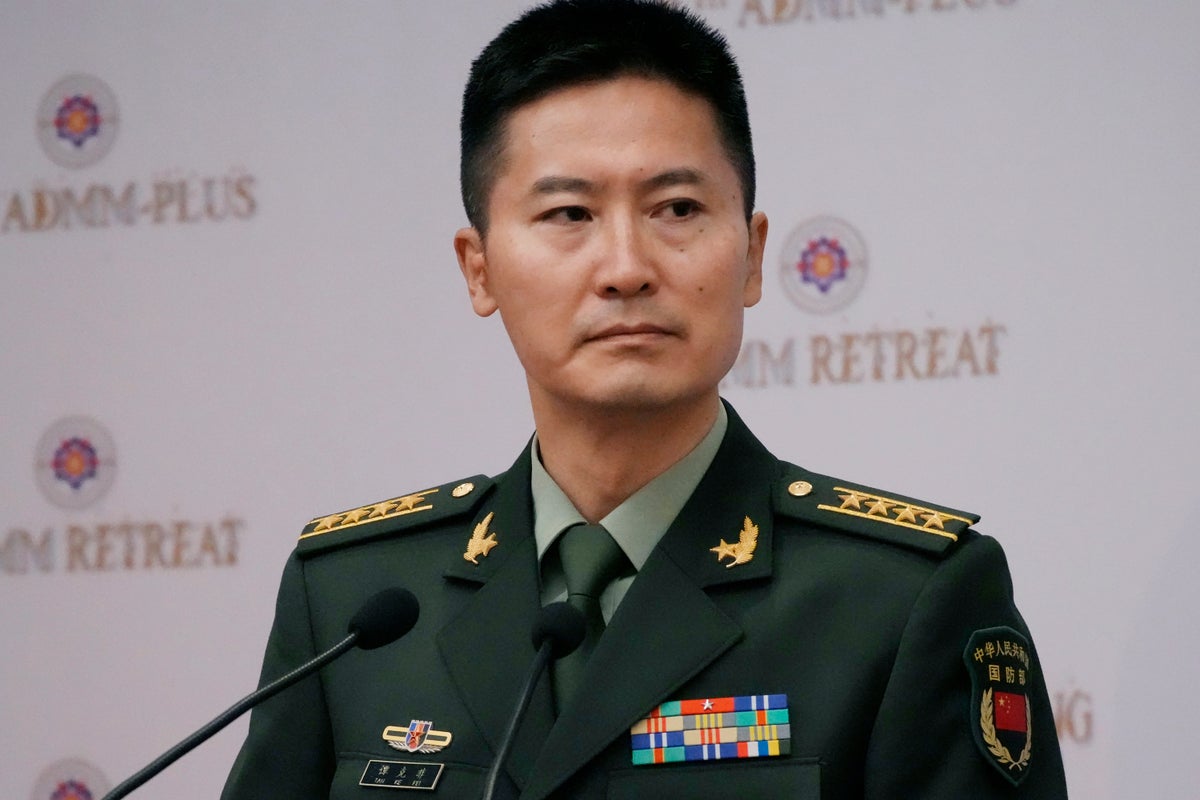
China has called on the US to move on from the recent diplomatic spat over a suspected spy balloon and instead focus on the mutual benefits of cooperation between the world’s biggest superpowers.
It comes after officials in Beijing admitted having let a phone call from US defence secretary Lloyd Austin ring out unanswered after an American fighter jet shot down a Chinese-made airship that had floated over key military sites on the US mainland.
Both sides have traded accusatory statements since the balloon was shot down off the South Carolina coast. The Pentagon says it has no doubt that the balloon was a piece of military surveillance equipment – and has briefed international partners to this effect – while Beijing insists the device was innocently collecting meteorological data.
Speaking on Wednesday, a senior Chinese diplomat in the US said the importance of the two countries’ ties should not be eclipsed by the balloon episode, and that trade should be used to stabilise the rocky relationship between the two powers.
“We should not allow this incident to offset the efforts made by both sides in maintaining the stability of bilateral relations,” said Xu Xueyuan, charge d’affaires at Beijing’s embassy in the US, as she addressed an event hosted by the US-China Business Council.
Trade remains key to China-US relations, regardless of any “negative” measures imposed by the US, she said.
The top diplomat acknowledged that the “accidental and occasional event of a civilian airship straying into US airspace” had stirred up new difficulties in relation to bilateral ties.
She added: “China-US economic and trade cooperation is based on the mutual needs of the two peoples, and a healthy, stable and cooperative economic and trade relationship is in the interests of the United States itself.
“The mutually beneficial and win-win nature of China-US economic and trade cooperation will not change, and it will still play the role of a stabiliser in the relationship between the two countries,” the official said, adding that she hoped the US business community would take advantage of China’s opening up after Covid to help get diplomatic relations back on track.
This came on the same day that US Treasury head Janet Yellen expressed willingness to visit China in a renewed bid to engage in high-level state visits, after a trip by US secretary of state Antony Blinken was postponed hours after the Pentagon spotted the suspected surveillance balloon.
The Chinese defence ministry accused the US of not creating “the proper atmosphere” for dialogue and exchange, and said that, by shooting down what it said was a weather balloon, the US had “seriously violated international norms and set a pernicious precedent”.
On Friday, the Chinese government dismissed a resolution passed by the US House of Representatives to condemn China over the balloon incident.
Foreign ministry spokesperson Mao Ning called the vote “purely political manipulation and hyping up” of the incident. She said China was “strongly dissatisfied” with the vote.
The Xi Jinping administration has insisted the airship was a civilian weather balloon that lacked its own method of propulsion and had therefore been blown off course, but has not said who it belonged to or offered other details.
Rejecting the claim, the Biden administration said that the balloon was equipped to detect and collect intelligence signals as part of a huge, military-linked aerial surveillance programme that targeted more than 40 countries.







